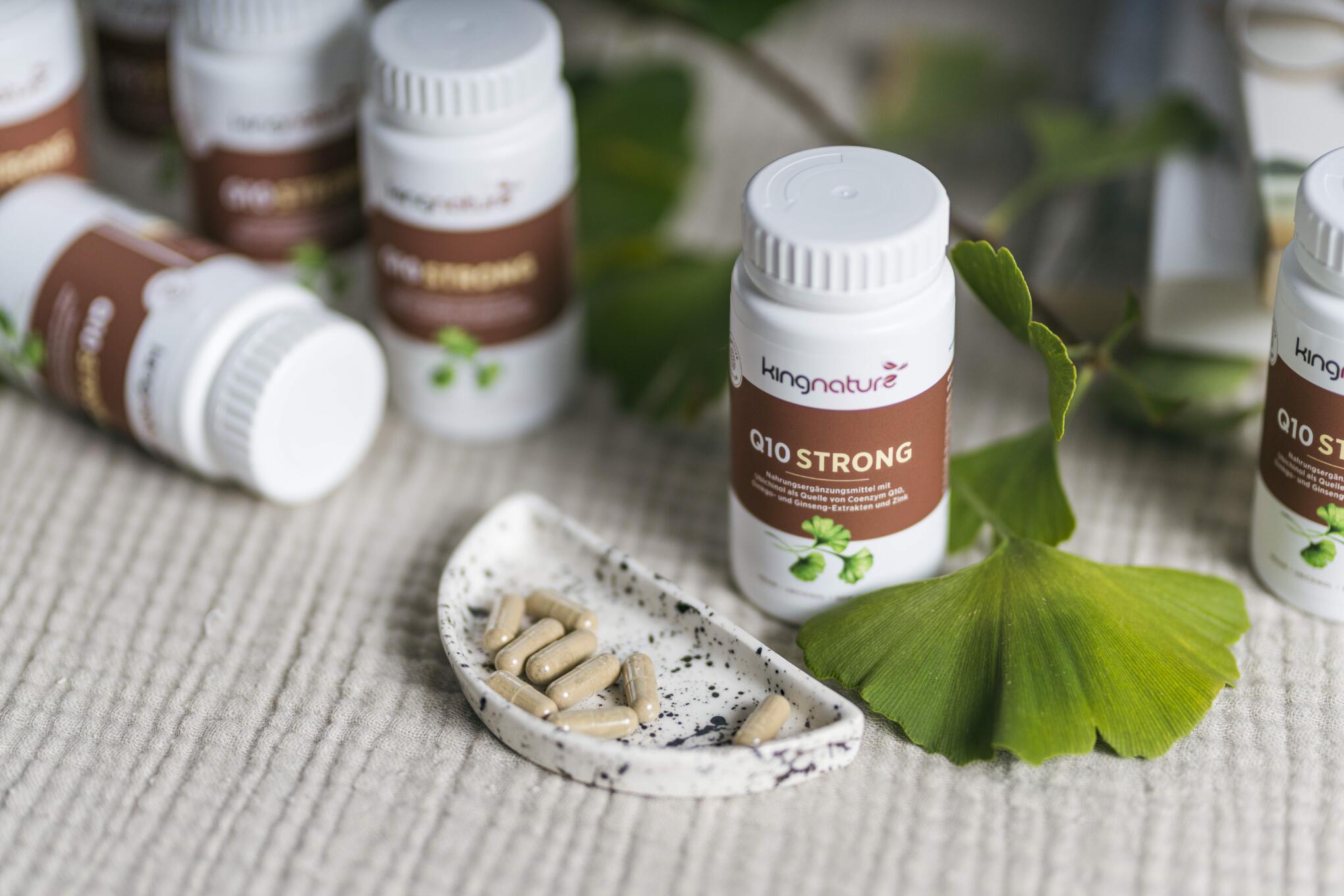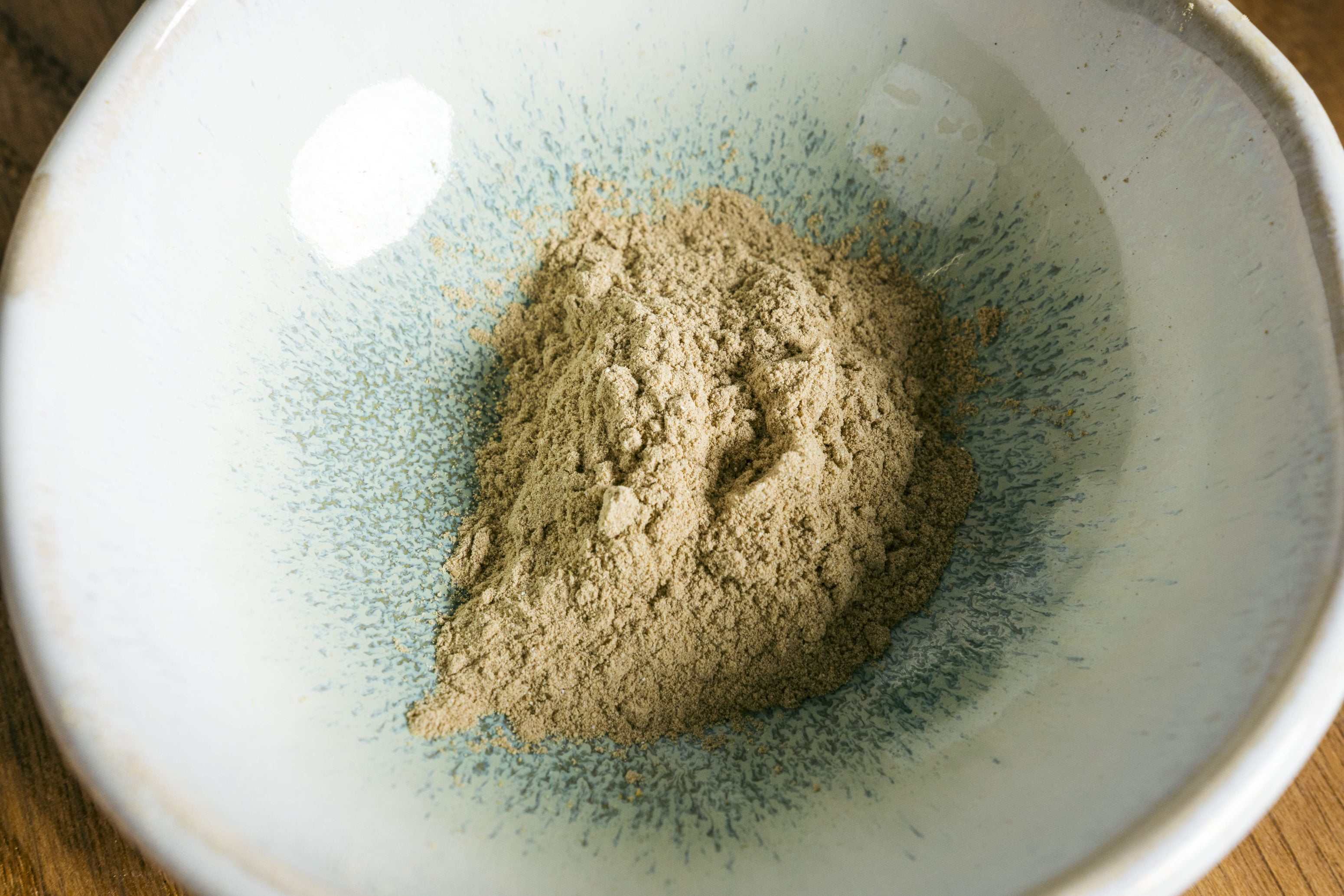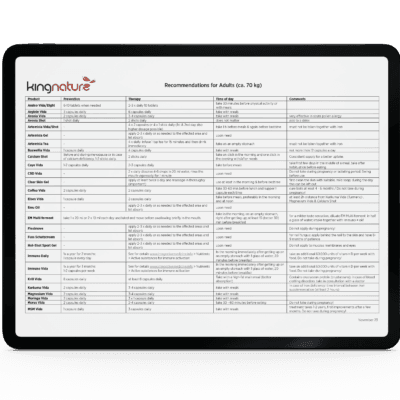
Pure life energy! With ubiquinol, ginkgo biloba and panax ginseng extract. Ubiquinol is the active form of coenzyme Q10.
Coenzyme Q10 in the form of ubiquinol
No Q10 = no energy: Coenzyme Q10 or ubiquinol has an important physiological function in the human respiratory chain.
Coenzyme Q10 is involved in energy production in every cell of our body.
Ubiquinol for organs with high energy consumption
Coenzyme Q10 or ubiquinol is in every cell of our body. Its name is derived from ubique = everywhere. It has an important function in the respiratory chain[loggedin] as an electron and proton carrier. The organs that require the most ubiquinol are those with high energy consumption, e.g. the brain and heart [/loggedin].


Q10 Strong – the natural coenzyme Q10 (ubiquinol)
Q10 Strong contains the original, purely biofermentatively produced ubiquinol(from brewer’s yeast) from Kaneka. The production is 100 % natural.[loggedin] It is a stable form of ubiquinol (see diagram below). This is not a matter of course, as ubiquinol is normally unstable in air and oxidises very quickly to ubiquinone [/loggedin]
Q10 Strong – studies on ubiquinol
The diagram opposite shows a stress test of the coenzyme Q10 (ubiquinol) used at 40°C and 75% humidity. We use a sealed can including silica gel (red arrow). After three months (corresponds to storage at room temperature for 1 year), this still contains around 95% of the Q10 it contains, which is a very good value.
- According to a study, ubiquinol can be better absorbed by the body than ubiquinone (Evans M et al (2009): A randomized, double-blind trial on the bioavailability of two CoQ10 formulations. In: Journal of Functional Foods, pp. 65-73)
- According to another study, Ubiquinol from Kaneka is safe to take(Hosoe K et al (2007): Study On Safety And bioavailability of ubiquinol (Kaneka QH) after single and 4-week multiple oral administration to healthy volunteers. In: Regulatory Toxicology and Pharmacology 47, pp. 19-28, PMID 16919858.)
Q10 Strong: With extracts of ginkgo biloba and ginseng
Q10 Strong also contains an extract from the dried leaves of the ginkgo tree (Ginkgo biloba) and an extract from the root of ginseng (Panax ginseng).
Coenzyme Q10 with zinc
Q10 Strong contains 5.3 mg zinc per daily dose. Zinc is a multi-talent and has various functions in the human body. [loggedin]For example, zinc contributes to normal cognitive function, i.e. understanding and processing in the brain. Zinc also has the following tasks: [/loggedin]
- contributes to normal cognitive function
- helps to protect cells from oxidative stress
- contributes to normal DNA synthesis
- has a function in cell division


What is the difference between ubiquinone and ubiquinol?
Ubiquinones are found in the human body in two different chemical forms.
- Ubiquinone is the fully oxidised form of the coenzyme Q10.
- Ubiquinol is the reduced or activated form of coenzyme Q10.
Reduced and oxidised form of coenzyme Q10
Both forms of Q10 are important for the body’s energy balance. In order to generate cellular energy, ubiquinone must be converted into ubiquinol by the body. In the blood plasma of healthy people, more than 90% of the coenzyme Q10 exists in the reduced form (ubiquinol).
What is Q10 Strong used for?
The health claims that are possible for a dietary supplement such as Q10 Strong and its ingredients are precisely defined by law. We are not allowed to go beyond this, even if it should have scientifically confirmed physiological properties. Make up your own mind with an internet search.
Benefits of Q10 Strong
- 100 mg coenzyme Q10 per capsule in the form of ubiquinol [/loggedin](reduced, active form) [/loggedin]
- Natural and stable ubiquinol from Kaneka
- Q10 from biofermentative production using brewer’s yeast
- Better absorption due to liposomal form using sunflower lecithin
- With extracts from Ginkgo biloba and Panax ginseng
- With 5.3 mg zinc per capsule
- Without additives or excipients
- Vegetable vegi capsule shell made from HPMC
- Vegan product

















Reviews
There are no reviews yet.